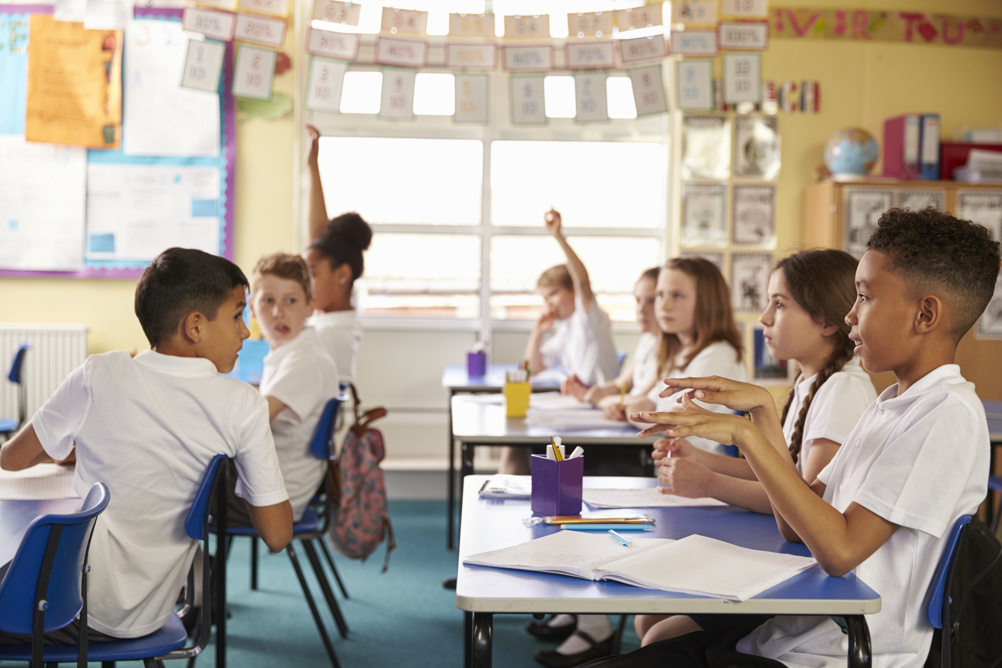
A report published by the Institute for Fiscal Studies (IFS) reveals that between 2010 and 2019, total public spending on education across the UK fell by £10bn, or eight per cent, in real terms.
The 2021 Annual Report on Education Spending in England, funded by the Nuffield Foundation, states that the funding drop led to a fall in national income devoted to education spending from five per cent in 2007 to 4.4 per cent in 2019.
“If education spending had remained at five per cent of national income, it would have been £16bn higher in 2019,” the report states.
Register Now to Continue Reading
Thank you for visiting Children & Young People Now and making use of our archive of more than 60,000 expert features, topics hubs, case studies and policy updates. Why not register today and enjoy the following great benefits:
What's Included
-
Free access to 4 subscriber-only articles per month
-
Email newsletter providing advice and guidance across the sector
Already have an account? Sign in here

